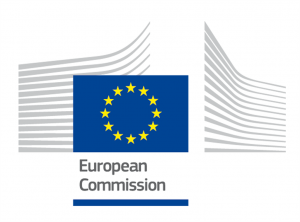About
Bacterial infections are responsible for a major public health burden. This is further exacerbated by antimicrobial resistance (AMR), which complicates the treatment of those infections and can lead to worse patient outcomes. Dealing with the problem of AMR requires novel interventions such as monoclonal antibodies (mAbs), which aim to reduce the severity of infections. Alternatively, preventing these infections altogether is also a key approach, represented by vaccines. However, while several mAbs and vaccines are undergoing clinical trials, none are currently publicly available for multiple, important bacterial pathogens such as E. coli or S. aureus. In the meantime, it is essential to clarify the potential value of these interventions to guide their future implementation.
The PrIMAVeRA project (Predicting the Impact of Monoclonal Antibodies & Vaccines on Antimicrobial Resistance) aims to clarify the potential role of mAbs and vaccines against AMR, by assessing the health burden of several pathogens and estimating the extent to which this burden could be reduced by those interventions. PrIMAVeRA is a European project with collaborators in more than 15 institutions across 10 countries, including both academic and industry partners.
As part of this project, we develop mathematical models to represent the dynamics of AMR and simulate different intervention implementation scenarios. These models range from deterministic, compartmental approaches to provide generalisable estimates, up to stochastic, individual-based model to target specific at-risk populations. Through collaborations within the consortium, we inform the models with different data sources on the transmission and burden of AMR, both at the national and local (e.g. healthcare institution) levels.
Those models will help to guide pharmaceutical companies in the process of designing new mAbs and vaccines, notably to clarify target populations and minimum efficacies which should be reached. In addition, our results will provide public health decision-makers with clear scenario assessments, to later implement effective policies to reduce the burden of AMR.
Funding:
European project funded by Innovative Medicines Initiative 2 (IMI2)
Members : Didier Guillemot, Lulla Opatowski, Laura Témime, Quentin Leclerc
Partners (for our team) :
- Institut Pasteur
- Inserm
- Le Cnam
- UVSQ



